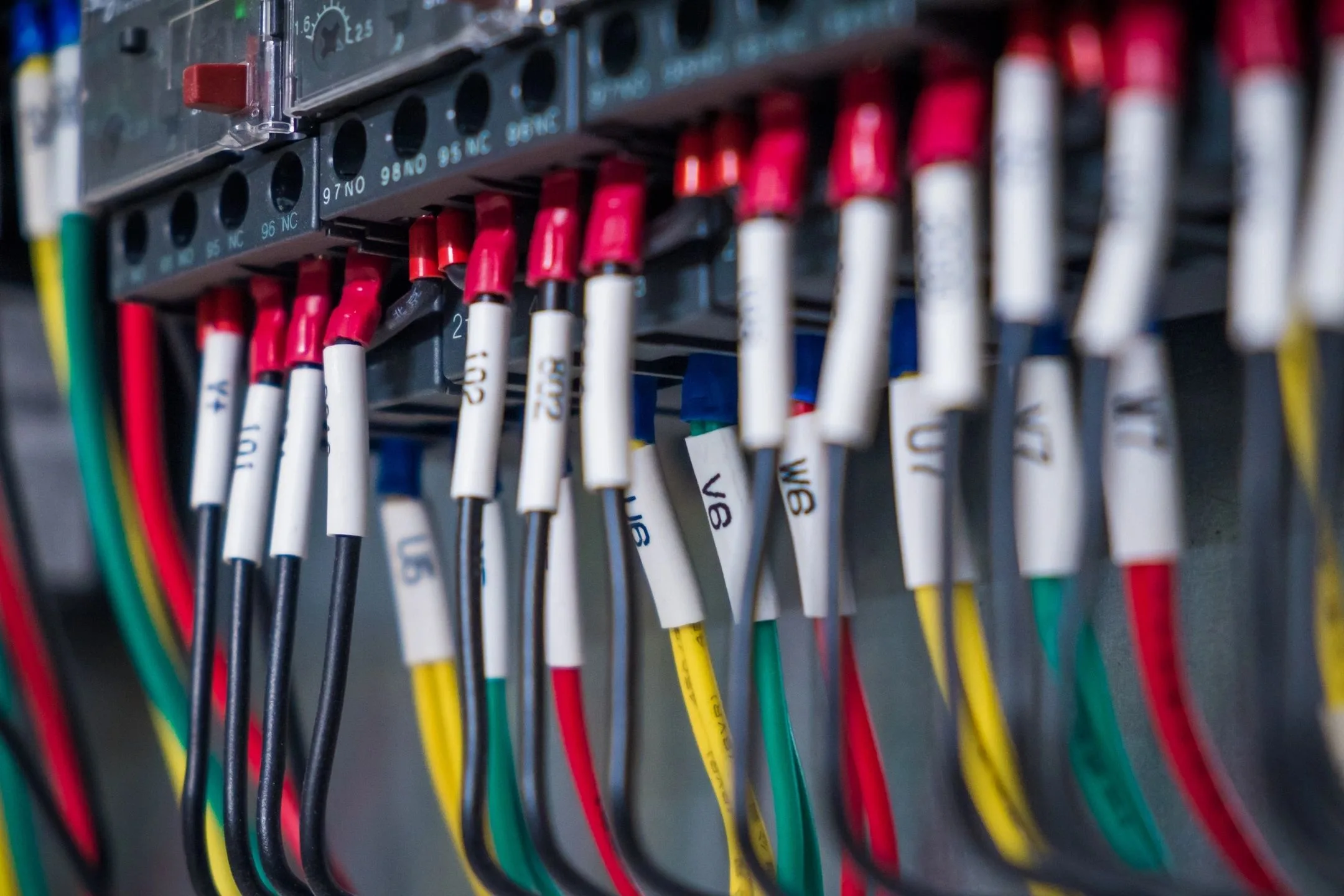How to Choose the Right Generator for Your Darien, Connecticut Home
In Darien, Connecticut, where the charm of coastal living meets the unpredictability of New England weather, being prepared for power outages is a necessity. A home generator can provide peace of mind and security, ensuring that your home remains comfortable and functional during storms or utility outages. Selecting the right generator for your Darien home involves understanding your power needs, the types of generators available, and the specifics of installation. This blog offers guidance to help you make an informed decision.
Understand Your Power Needs
Before choosing a generator, it’s crucial to assess your power requirements. Start by listing the essential appliances and systems you need to operate during an outage, such as refrigerators, heating and cooling systems, lights, and medical equipment. Each appliance’s power consumption, usually measured in watts, will guide you in determining the total wattage required to run your essentials. Consider both starting wattage (the initial surge of power needed to start the appliance) and running wattage (the continuous power needed to keep the appliance running).
Types of Generators
Portable Generators
Portable generators are cost-effective and can power essential items. They run on gasoline, diesel, or propane and require manual operation to start and refuel. Safety is paramount with portable generators; they must be operated outdoors to prevent carbon monoxide poisoning and should never be plugged directly into a household outlet without a transfer switch.
Standby Generators
Standby generators offer a more convenient and powerful solution. Installed permanently outside your home, they automatically start during an outage and can run on natural gas or propane. Standby generators can power your entire home and are sized to handle your specific power needs. They are more expensive than portable models but offer significant advantages in terms of ease of use and capacity.
Determining the Right Size
Choosing the right size generator is critical. A unit too small won’t handle your needs, while an overly large generator will incur unnecessary expenses. Calculate the total wattage of the essential appliances you identified earlier, then add a margin to ensure your generator can handle unexpected needs or future additions. Many generator manufacturers and retailers offer online calculators to help you estimate the size you need.
Installation Considerations
Installation is a critical aspect that should be handled by professionals. Standby generators require a concrete pad for placement and must be connected to your home’s electrical system and fuel source. Local codes in Darien may dictate specific installation requirements, such as distance from the home and property lines. It’s essential to work with a licensed electrician or a generator installation company familiar with Darien’s regulations to ensure compliance and safety.
Maintenance and Fuel Supply
Maintaining your generator is essential for its reliability. Regular maintenance schedules vary by type and use but typically include checking oil levels, replacing filters, and testing the system. For fuel supply, consider the availability and storage requirements of gasoline, propane, or natural gas in your area. Standby generators connected to your natural gas line offer convenience but ensure your gas meter and line can handle the generator’s demand.
Conclusion
Choosing the right generator for your Darien, Connecticut home means balancing your power needs with the type, size, and installation considerations of the generator. Whether you opt for a portable unit for essential items or a standby generator for whole-home coverage, preparation and professional installation are key to ensuring your home remains a safe and comfortable haven during power outages. Investing in a generator is not just about convenience; it’s about ensuring the safety and security of your home and loved ones during unpredictable times.

